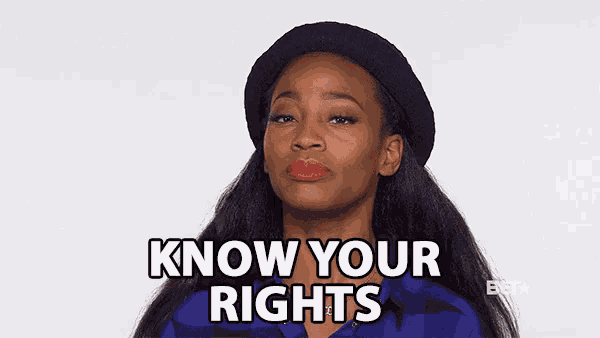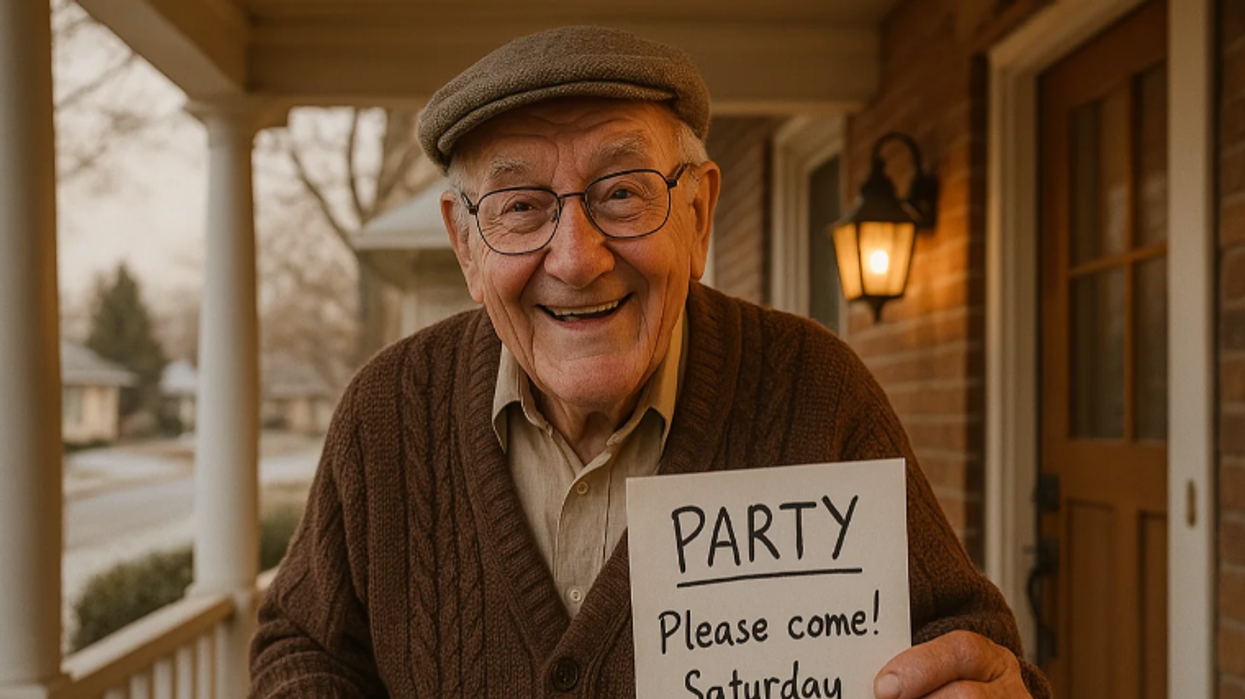Children thrive in environments where they feel safe, secure, and loved. But when these feelings are unpredictable, it can create lasting emotional harm. Dr. Kim Sage, a licensed psychologist from Newport, California, has popularized the term "eggshell parenting" to describe this dynamic. Through her TikTok channel (@drkimsage), she has shared hundreds of videos explaining how eggshell parenting affects children and their future relationships.
What is eggshell parenting?
Eggshell parenting occurs when a child's emotional environment is dictated by a parent's unpredictable outbursts. Dr. Sage explains that this forces children to be constantly on high alert, suppressing their natural emotions and behaviors to avoid triggering a negative reaction. "Eggshell parenting and emotionally unpredictable, unsafe parenting often creates a lifetime of hypervigilance in us and a deep belief that there’s no such thing as real safety in relationships," she says.
She identifies key behaviors associated with eggshell parenting, including:
- Emotional unpredictability
- Isolation
- Yelling and name-calling
- Guilt-tripping and blame
- Parentification (forcing children into adult roles)
- Destroying a child’s personal possessions
"The parent’s mood is like being on a roller coaster. You never know what to expect."
— Dr. Kim Sage
The long-term impact of eggshell parenting
Children raised in an eggshell environment often struggle with deep-seated anxiety, trust issues, and emotional isolation. Sage describes how many people who had emotionally unpredictable parents now find themselves struggling in adulthood, asking: "If you had an eggshell mother, or primary caregiver, who was chronically angry, yelled a lot, had no boundaries, and was unpredictable emotionally... how is your raging anxiety, lack of trust, tendency to isolate when you feel deeply emotional going?"
"...how is your raging anxiety, lack of trust, tendency to isolate when you feel deeply emotional going?"
— Dr. Kim Sage
These children grow up learning that love is conditional. They often experience "intermittent reinforcement," meaning that their parents mixed moments of kindness with moments of emotional harm. As a result, they become hyperaware of shifts in others’ emotions and may struggle to feel safe in relationships.
The cycle of eggshell parenting
Sage explains that when children of eggshell parents receive positive attention, they anticipate that something bad will follow. "Even though I get the good love, I know the bad love is coming," she says. This creates a painful pattern where they feel safest when they are alone.
"The only time we are truly safe is when we are alone."
— Dr. Kim Sage
This emotional pattern can carry into adulthood, affecting friendships, romantic relationships, and even parenting styles. Psychologist Kelsey M. Latimer explains that eggshell parents often don’t intend to harm their children, but their lack of awareness leads them to repeat destructive behaviors.
Psychologist Diana Baumrind first identified different parenting styles in the 1960s, classifying them as authoritarian, authoritative, and permissive. Eggshell parenting falls under authoritarian parenting, which is characterized by strict rules, emotional unpredictability, and a lack of warmth.
Threats are often a tool used by eggshell parents. Trauma therapist Shari Botwin recalls a case where a mother threatened to kick her teenage daughter out of the house if she cut her hair. These types of threats instill deep fear and insecurity in children, making them feel like love and stability are conditional.
Breaking the cycle
For those who grew up with eggshell parents, healing is possible. Recognizing the emotional patterns and working through them—often with the help of therapy—can help break the cycle. Many parents are now making conscious efforts to raise their children differently.
Some people have shared their gratitude for parents who avoided this toxic cycle. "I just wanna get on here and say love my mom for not being like this. She is not perfect but loves and has loved me unconditionally," wrote one TikTok user.
Others have reflected on their parents' struggles. "Sometimes I sit back & wonder, what happened to my mom to make her be this way. One day I’d like to sit down with her and talk about this. Maybe," another person added.
"From my experience, walking on eggshells is a deep root of lacking self-validation."
— @mfoxhunter
Breaking free from the effects of eggshell parenting takes time and self-awareness, but it is possible. For those struggling, therapy, self-reflection, and open conversations about childhood experiences can be powerful tools in reclaiming emotional safety.
A path toward healthier parenting
Raising children in a stable, emotionally safe environment is one of the greatest gifts a parent can provide. By recognizing the signs of eggshell parenting and working to change these patterns, parents can foster trust, security, and unconditional love in their children.
If you or someone you know has experienced the effects of eggshell parenting, seeking support from mental health professionals can be a transformative step toward healing.





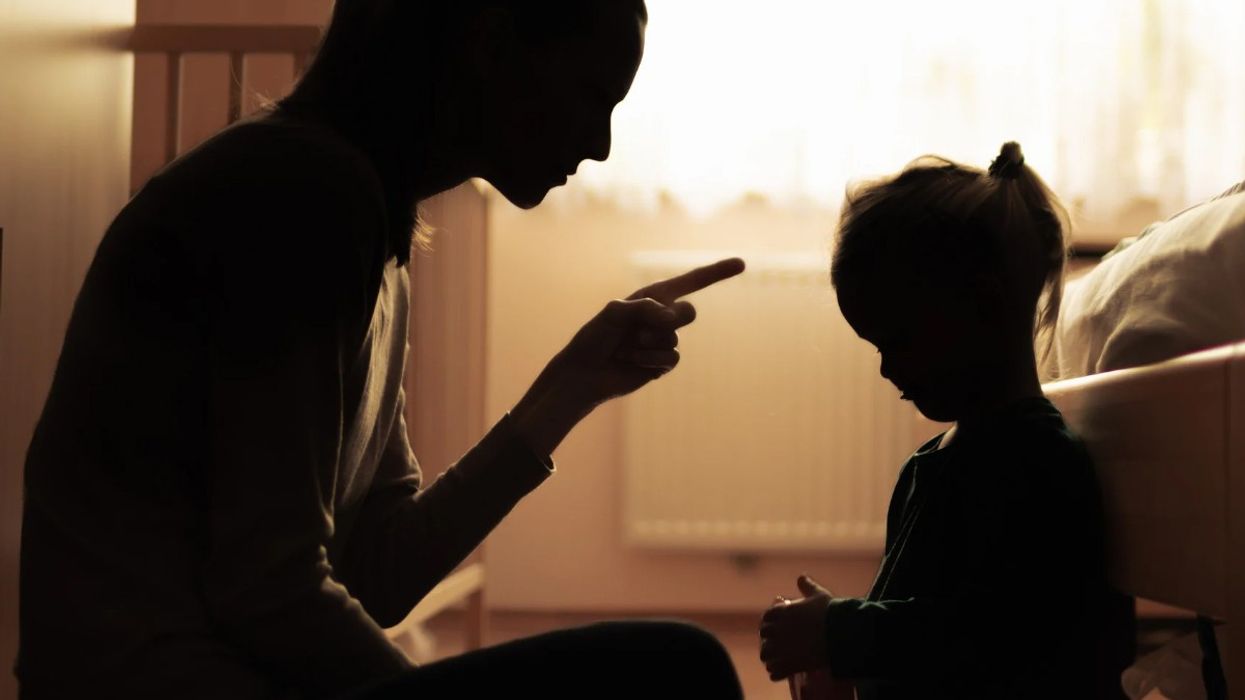





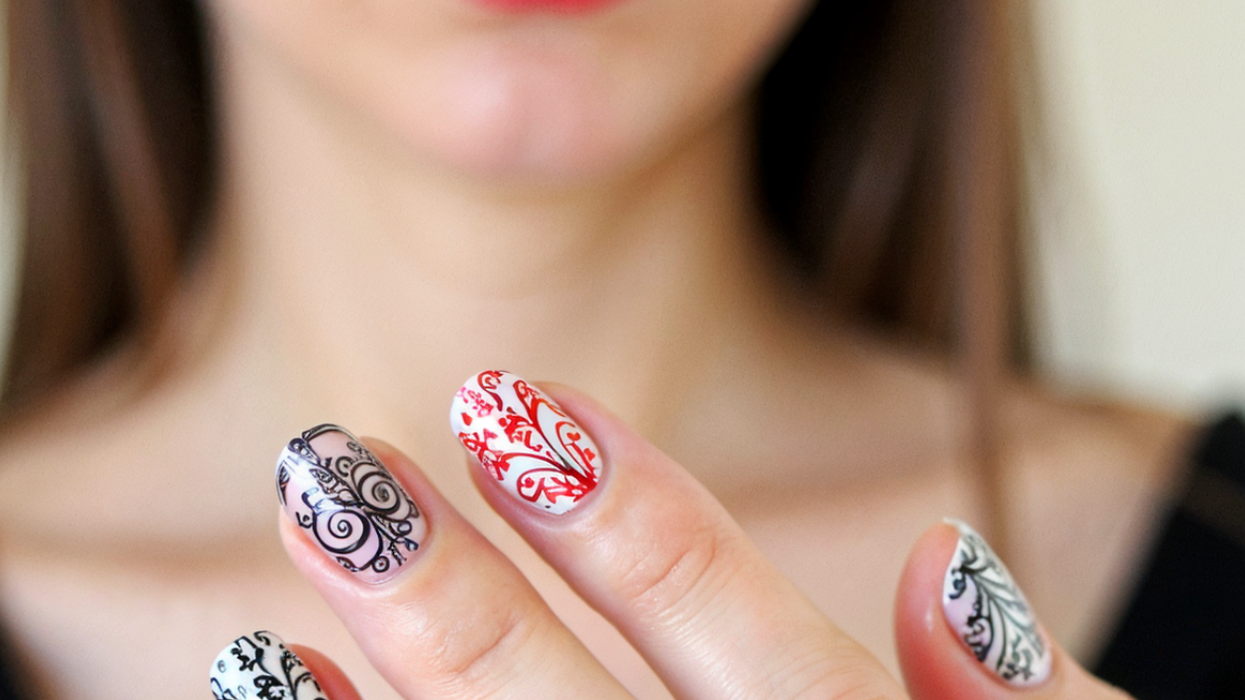

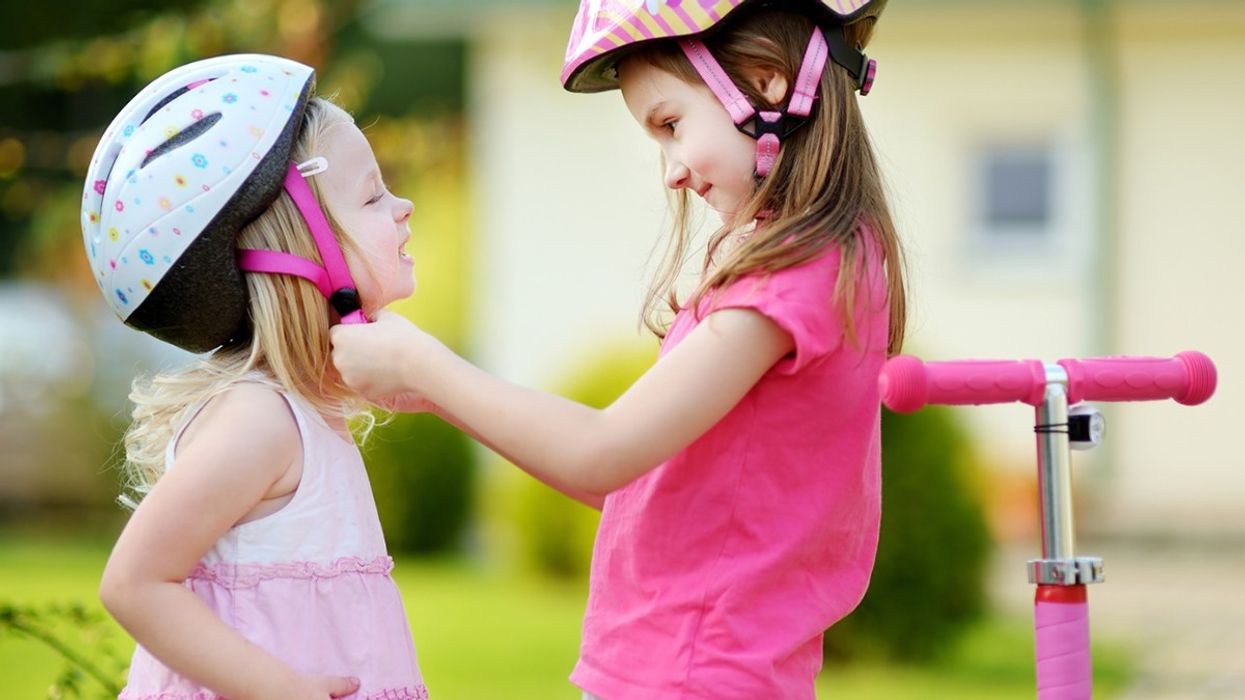



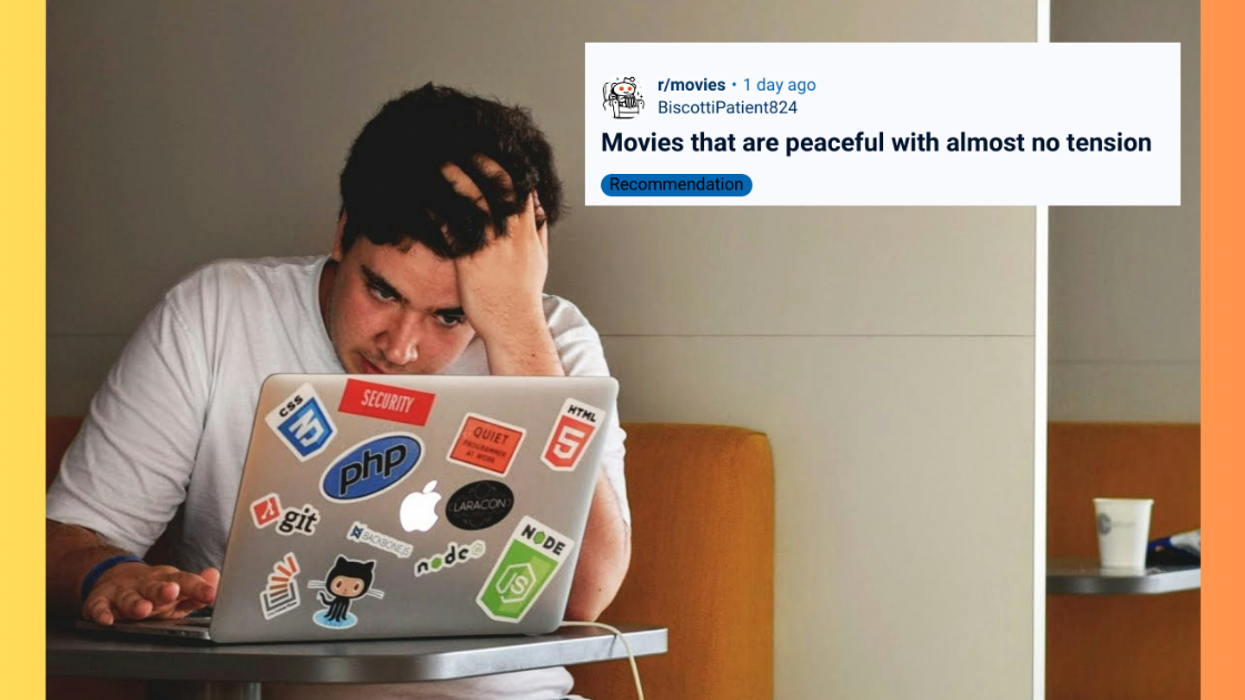

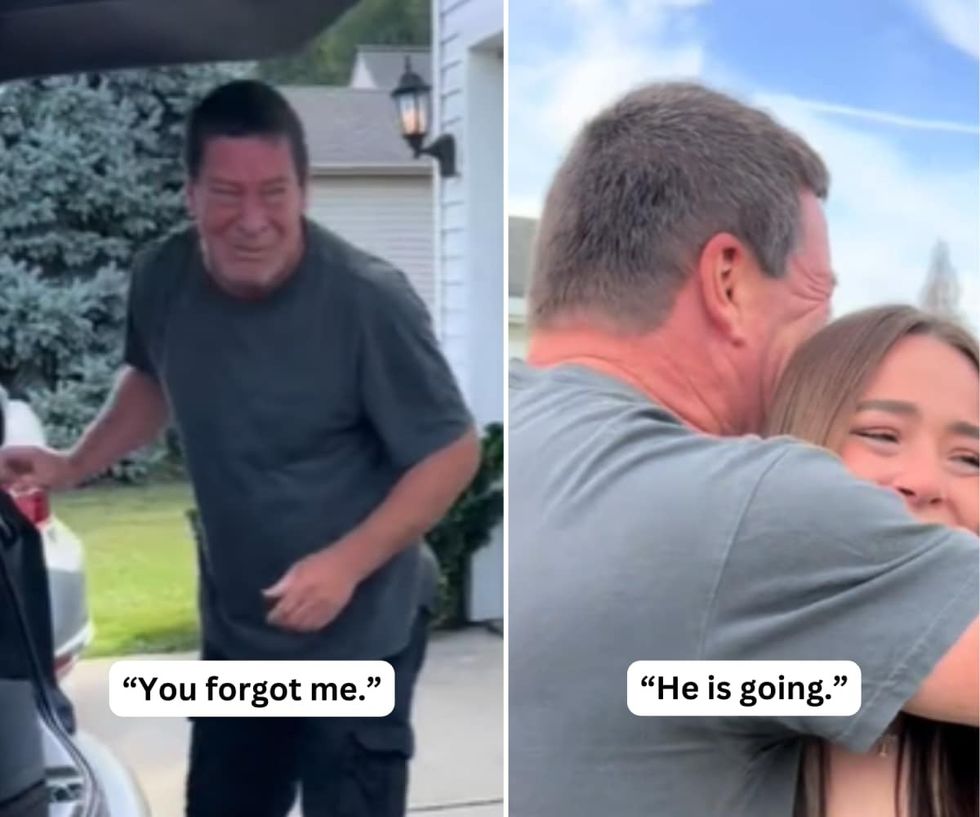

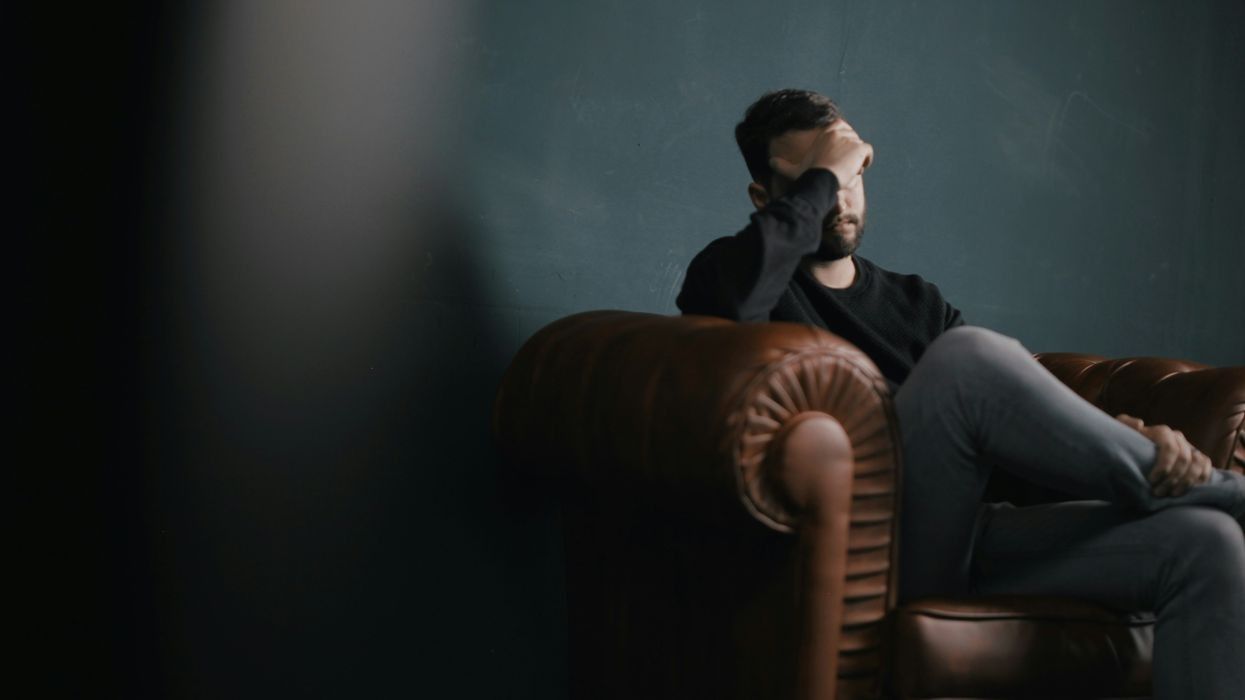



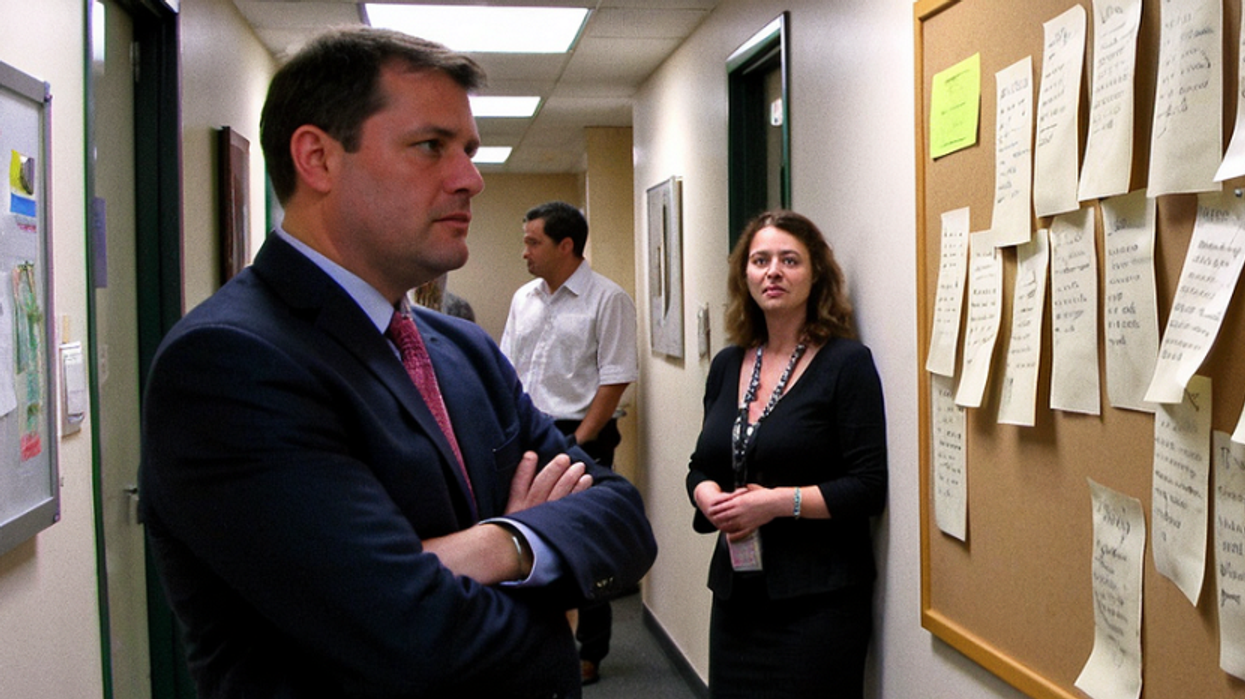
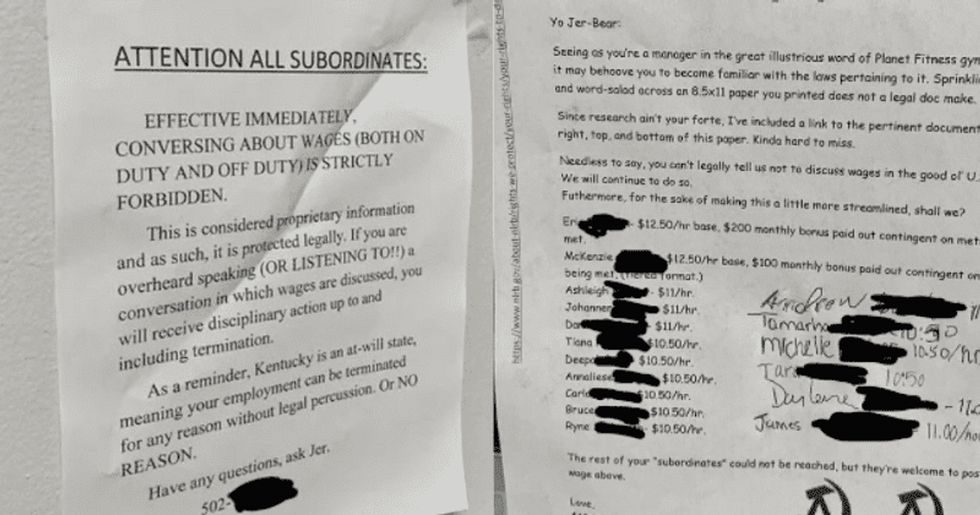 Image Source: Joshua Potash | Reddit
Image Source: Joshua Potash | Reddit 
